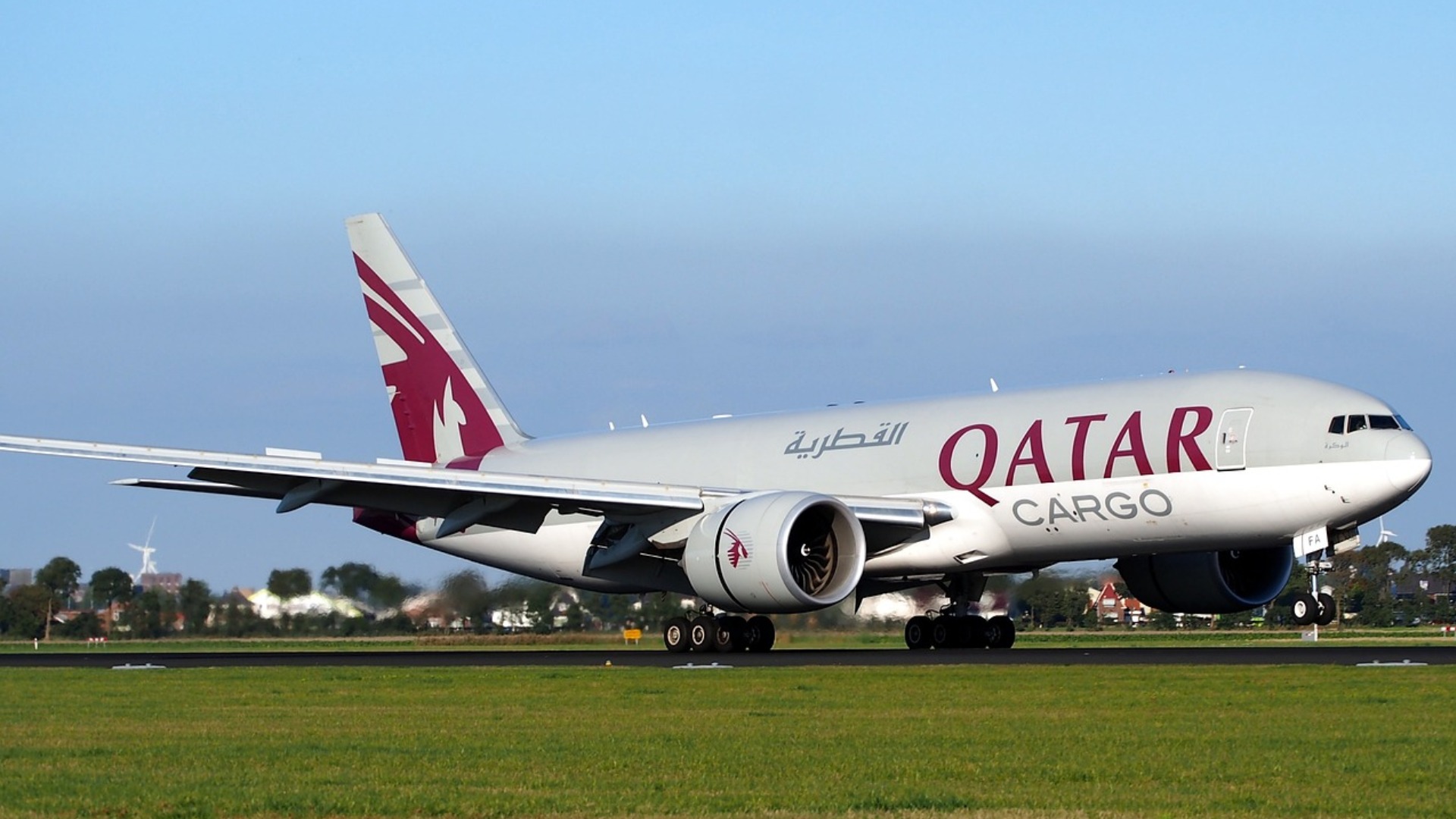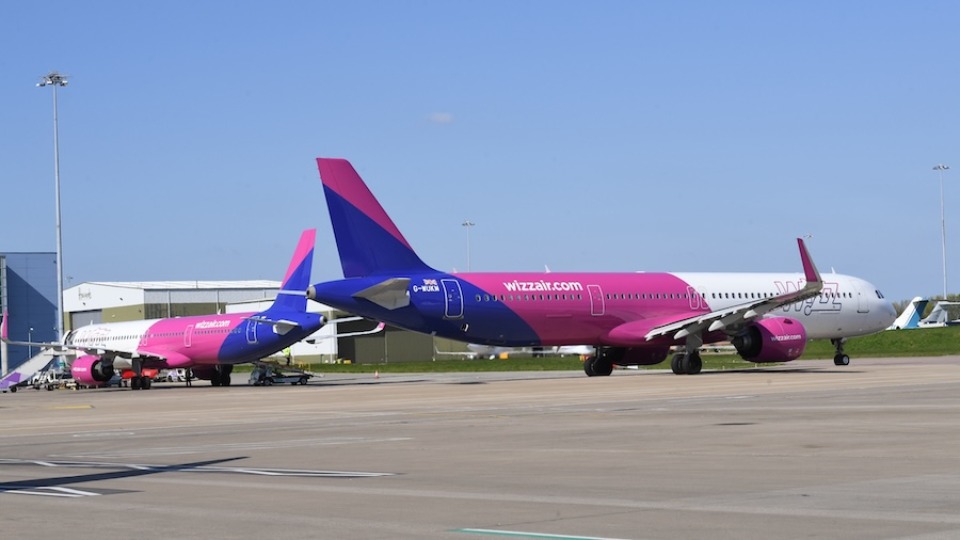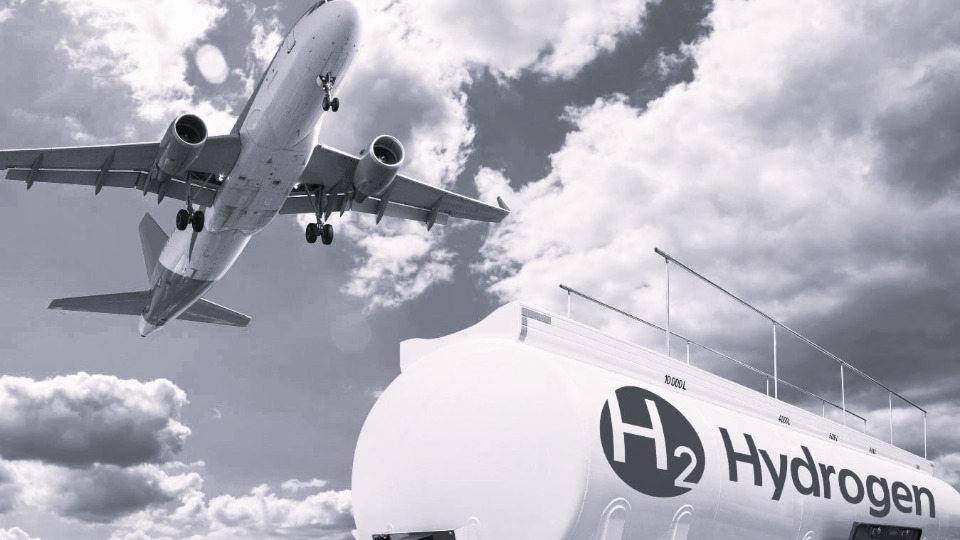
Qatar Airways and Gevo announce partnership

On the other hand, Gevo, the sustainable aviation fuel producer, will start delivering its product starting 2028 in California. As the carrier aims to achieve net zero emissions by 2050, it will also start using certified SAF at a commercial level, in accordance with the International Civil Aviation Organization (ICAO) policies.
With the occasion of the new agreement, Qatar Airways Group Chief Executive, His Excellency Mr. Akbar Al Baker, stated:
“Qatar Airways continues to prioritise our commitment to net-zero flying by the middle of this century. Decarbonising aviation requires a gradual incorporation of lower carbon and sustainable aviation fuels, and we are proud to collaborate on this global effort for a better future. Joining forces with fellow Oneworld members, we are supporting Gevo to establish its SAF-producing facilities in order to ramp up SAF supply and get closer to our goal of replacing 10% of our conventional jet fuel with SAF by 2030.”
Patrick R. Gruber, Gevo’s CEO continued:
“[…] Gevo can sustainability source feedstock to produce sustainable aviation fuel, while also increasing soil health, sequestering carbon, and providing nutritional products to the food chain.
“By building sustainability into every step of our business system, from sustainably grown feedstock to using renewable energy for production, we are helping Qatar Airways and other members of the Oneworld Alliance to reach their emission reduction goals.”
Qatar Airways was the first in its operational area to commit to sustainability and use of green fuels. The airline is set to import 5 million US gallons of clean SAF per year from Gevo and mix it with conventional jet fuel for its flights, as a first step in its journey of reaching full sustainability and decarbonisation.
The company operates one of the most modern and fuel-efficient fleets in the world, is subject to the highest level of accreditation in the IATA Environmental Assessment Programme (IenvA) and the first member of the IATA CO2NNECT. Because climate change is already a visible reality in our world, the global aviation industry is expected to make positive changes that will allow for more sustainable and environmentally friendly operations.
But which are the advantages of sustainable aviation fuel? When compared to traditional, fossil-based fuel, SAF has been proven to generate fewer carbon dioxide emissions, depending on the technology used by the industry. Nowadays tech methods allow for CO2 reductions of up to 85% when using SAF.
Source: breakingtravelnews.com








